Europe
From the fall of Napoleon to Revolution in Russia and from the rise of Hitler to the fall of the Berlin Wall this period is one of major upheaval in Europe. We see the collapse of monarchies and empires and the changing status of women and working men. This is a time that witnesses the mass displacement of peoples and genocide on a scale never seen before it is also a time that sees changes in medicine and technology that make fundamental changes to our everyday lives. Read more
Sort by:
Date (Newest first) | Title A-Z
Show:
All |
Articles |
Podcasts |
Multipage Articles
-
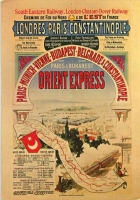
It's Murder On The Orient Express
ArticleClick to view -

Podcast Series: The Cold War
Multipage ArticleClick to view -

How damaging to the Nazis was the Shetland Bus between 1940 and 1944?
ArticleClick to view -
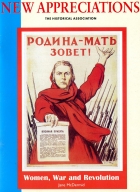
Women, War and Revolution
ArticleClick to view -

The Great Powers in the Pacific
ArticleClick to view -
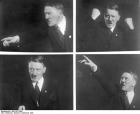
The Origins of the Second Great War
ArticleClick to view -

TV: modern father of history?
ArticleClick to view -

Kristallnacht
ArticleClick to view -

Cyprus: another Middle East issue
ArticleClick to view -

Nazi aggression: planned or improvised?
ArticleClick to view -
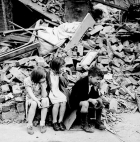
The Coming of War in 1939
ArticleClick to view -
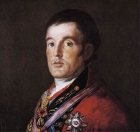
The Undergrowth of History
ArticleClick to view -
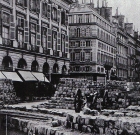
The Paris Commune of 1871
ArticleClick to view -
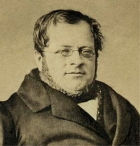
Cavour and Italian Unification
ArticleClick to view -
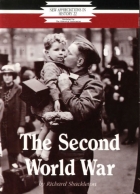
The Second World War
ArticleClick to view -
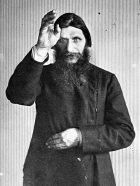
Alexandra and Rasputin
ArticleClick to view -
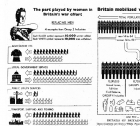
Diagrams in History
ArticleClick to view -
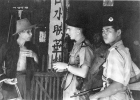
Imperialism resurgent: European attempts to 'recolonise' South East Asia after 1945
ArticleClick to view -
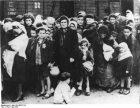
Anti-Semitism and the Holocaust
ArticleClick to view -
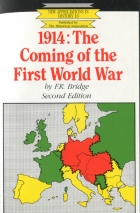
1914: The Coming of the First World War
ArticleClick to view

